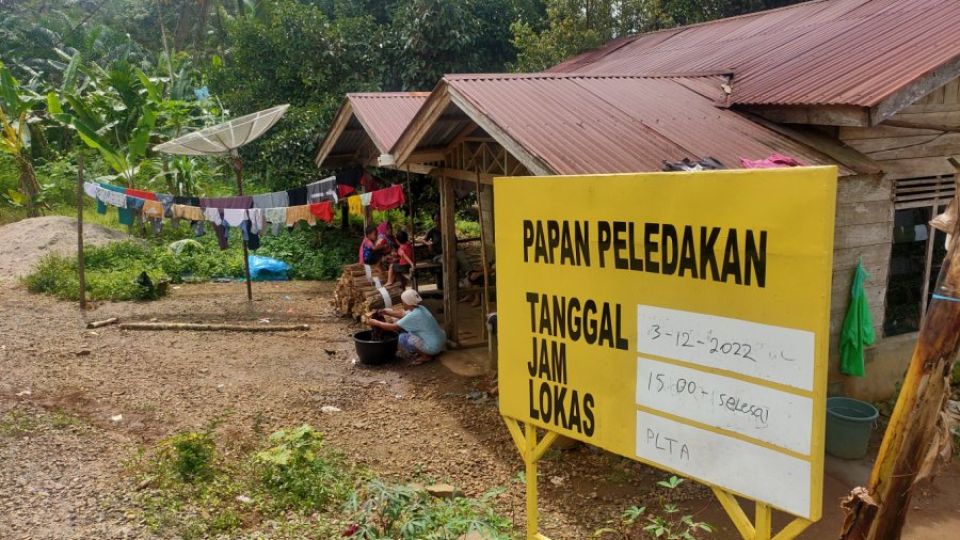February 28, 2023
JAKARTA – When President Joko “Jokowi” Widodo began his first term in 2014, boosting the country’s electricity supply was one of his priorities. In the 35 Gigawatt (GW) electricity program, he tried to address complaints of power shortages that he received from residents during his visits to many parts of the country at that time.
Fast forward to 2022, the Energy and Mineral Resources Ministry reported that the country had installed a total of 81.2 GW in electricity capacity, about half of which was powered by coal plants. While more coal- and gas-fueled power plants have contributed a large part of the installations, renewable-based power plants have also grown to create 12.5 GW, or about 15.5 percent of the installed power plants.
It is also reported that Java and Sumatra experience an oversupply as the islands are still expecting more power plants to be operational in the next few years.
This is, of course, good news and congratulations to the President, who will complete his second and final term next year. But solving the capacity issue is only halfway to the solution.
Blackouts still occur even in Java and Sumatra, the islands that have been reported to experience oversupply. While preparing to retire some of the coal plants early, the growth of renewable-based electricity plants is not as fast as expected.
Hydropower plants, which make up about 53 percent of the renewable energy source, are also reportedly poorly planned and have caused environmental problems. Land disputes and loss of residents’ livelihoods and biodiversity are among the cases that frequently emerge.
In South Tapanuli, North Sumatra, a hydropower plant project in Batang Toru district has caused global controversy for its location inside the habitat of the Tapanuli orangutan (Pongo tapanuliensis). Recent reports have found that state-owned electricity monopoly PT PLN has continued to build the power plant despite the fact that the province has experienced electricity oversupply. The Supreme Audit Agency (BPK) also found that the electricity price agreed to be provided by the plant is higher than the prices of similar power plants in other provinces.
As Indonesia is poised to downstream its industries, especially metals, and is projected as one of the countries with the most economic growth in Asia, better planning in electricity production and distribution is critical to ensure strong economic growth and investment. This is not to mention the government’s ambition to become the next global hub for electric vehicles (EVs).
While concluding its Group of 20 leadership last year, the Indonesian government also participated in the Just Energy Transition Partnership (JETP) with the United States, along with other donor countries and institutions, to funnel US$20 billion into the country for energy transition programs.
If the government fails to calculate its electricity balance correctly, there is a risk that the funding for the energy transition programs will be misallocated, leaving electricity still poorly distributed in the country.
Focusing on other types of renewables could also be an option. The cost of solar photovoltaic (PV) plants, for example, has continued to drop. Although it would be challenging to install as a large-scale power grid, it may help to support office and residential areas or industrial zones. What PLN should do is only to support regulations that will enable providers to participate.
The existing regulations have not provided room for these new electricity providers to support PLN. As the sole electricity operator in the country, it is time for PLN to allow more players into the electricity sector. The new providers would resolve the operator’s scale issues as they could help to break down the electricity supply and ensure services at a smaller scale of operation, an issue that PLN currently often misses.
Without enabling smaller, more diverse providers, PLN will always have problems with distribution and efficiency since the company has thousands of islands to cover in the country.
The government, Jokowi to be precise, has done a good job accumulating energy to propel Indonesia to the next level of development. But the tricky case of abundance is that it is easy to lose sight of what is important.


